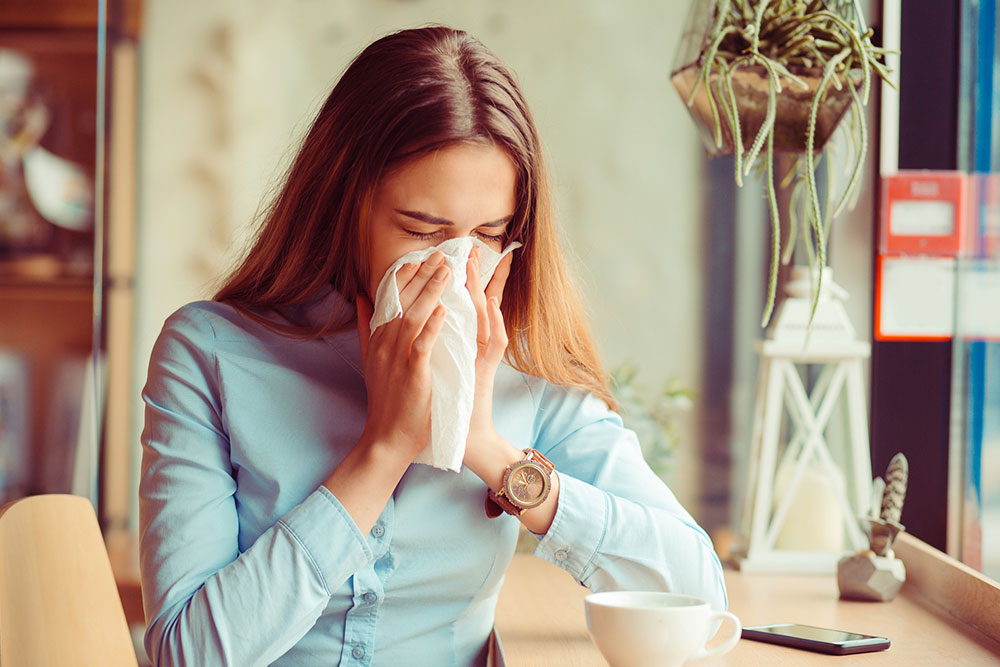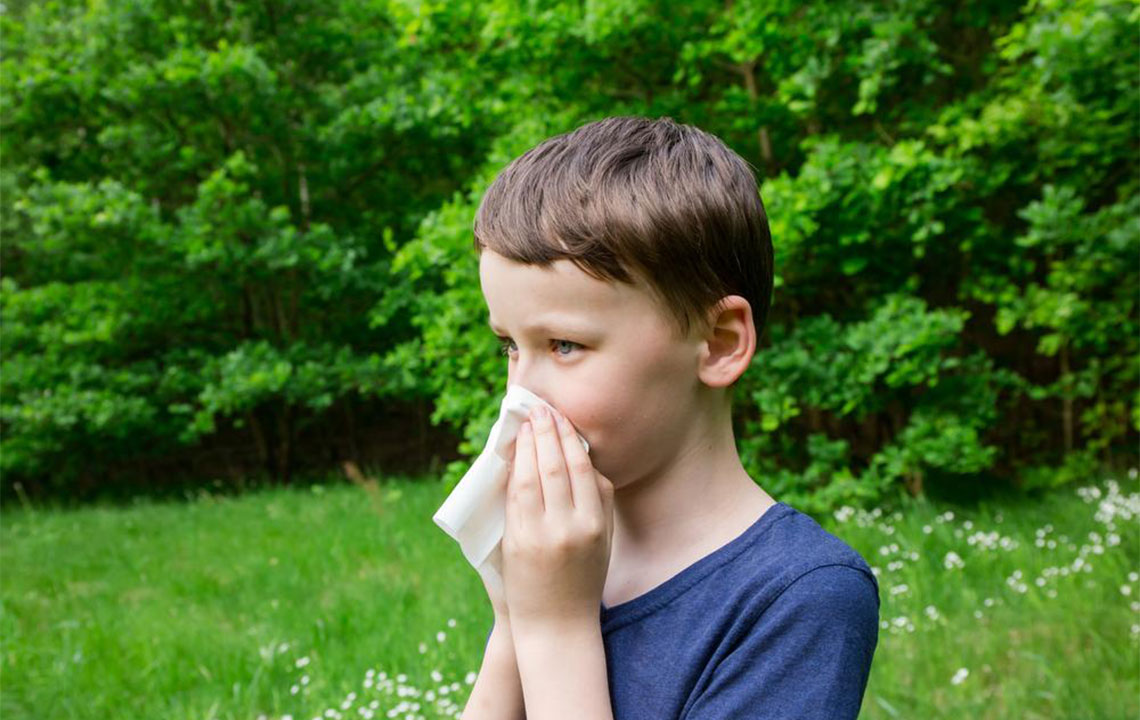Smart Strategies for Combatting Seasonal Allergy Symptoms
Effective seasonal allergy management involves a combination of medications, immunotherapy, and home remedies. Antihistamines and decongestants provide quick relief, while allergy shots offer long-term benefits. Preventive measures like nasal rinses and lifestyle adjustments help reduce allergen exposure. Consulting healthcare professionals ensures safe and personalized treatment strategies for seasonal allergy sufferers.

Smart Strategies for Combatting Seasonal Allergy Symptoms
Seasonal allergies are a common problem that recur each year, causing symptoms like itchy eyes, nasal congestion, and general discomfort. While completely avoiding allergens isn't always possible, symptom management can be effective with the right medications. Before starting any treatment, consulting a healthcare professional is essential. Over-the-counter remedies often provide substantial relief, and here are some of the most recommended options for seasonal allergy relief.
Antihistamines
These medications target histamine, the chemical responsible for symptoms like sneezing and itching. They work quickly and are usually available as tablets or nasal sprays. Common choices include Cetirizine, Desloratadine, Fexofenadine, and Loratadine. Many of these have minimal sedative effects, making them suitable for daily use.
Nasal Decongestants
Decongestants help relieve nasal blockage, providing quick relief from congestion. However, they should be used cautiously, as prolonged use can lead to side effects such as increased blood pressure and rebound congestion. It’s advisable to limit use to three days and consult a doctor, especially if you have underlying health issues. Saline nasal sprays are a gentle alternative that help flush out allergens.
Combination Medications
Some over-the-counter options combine antihistamines and decongestants, offering more comprehensive symptom control. Brands like Allegra-D, Claritin-D, and Zyrtec-D provide combined formulations that tackle multiple allergy symptoms simultaneously.
Additional Therapies
Certain treatments target specific allergens like pollen from trees, grasses, and weeds, alleviating symptoms such as sinus pressure, runny nose, and watery eyes. Many of these are available without prescription. Nasal sprays like Cromolyn are also safe for regular use when guided by a healthcare provider to prevent adverse effects.
Allergy Immunotherapy
For persistent allergies, allergy shots might be recommended. These involve regular injections with small doses of allergens, gradually helping the immune system become less reactive over time and providing longer-lasting relief.
Home Remedies and Preventive Measures
Simple strategies like nasal rinses, herbal remedies, washing clothes frequently, and avoiding outdoor activities during high pollen times can significantly reduce exposure and symptoms. Wearing protective gear and keeping windows closed also helps minimize allergen contact.


